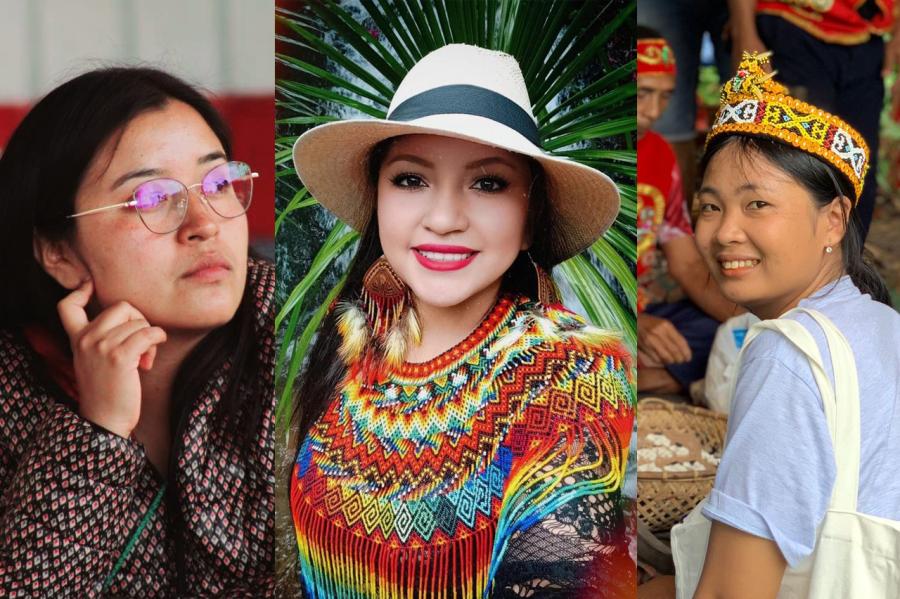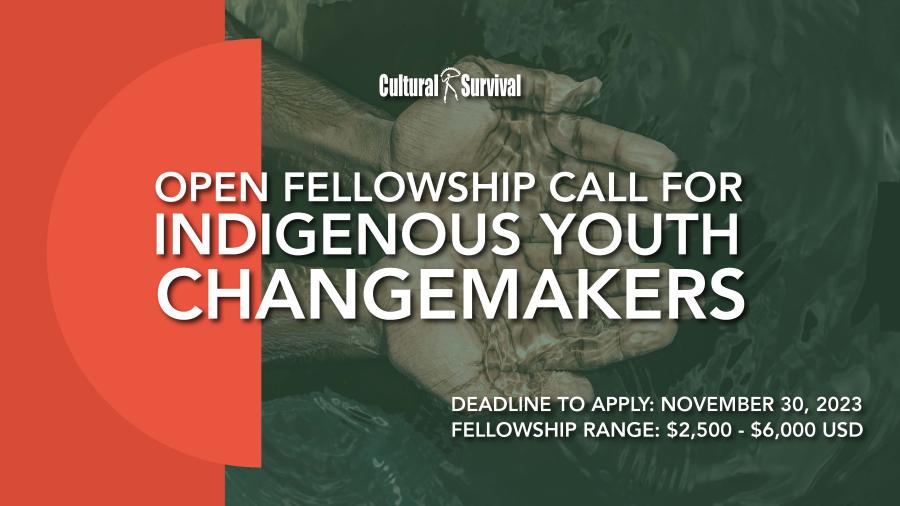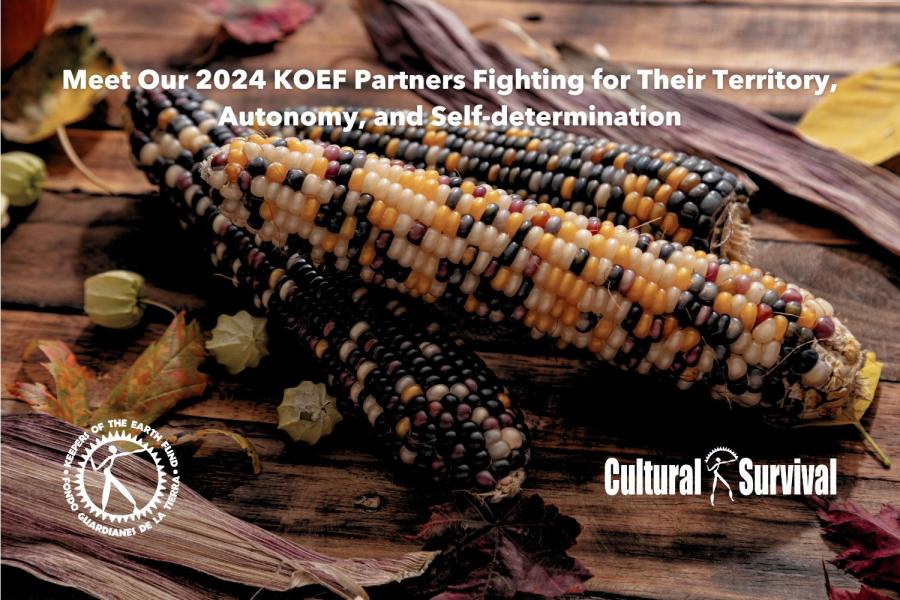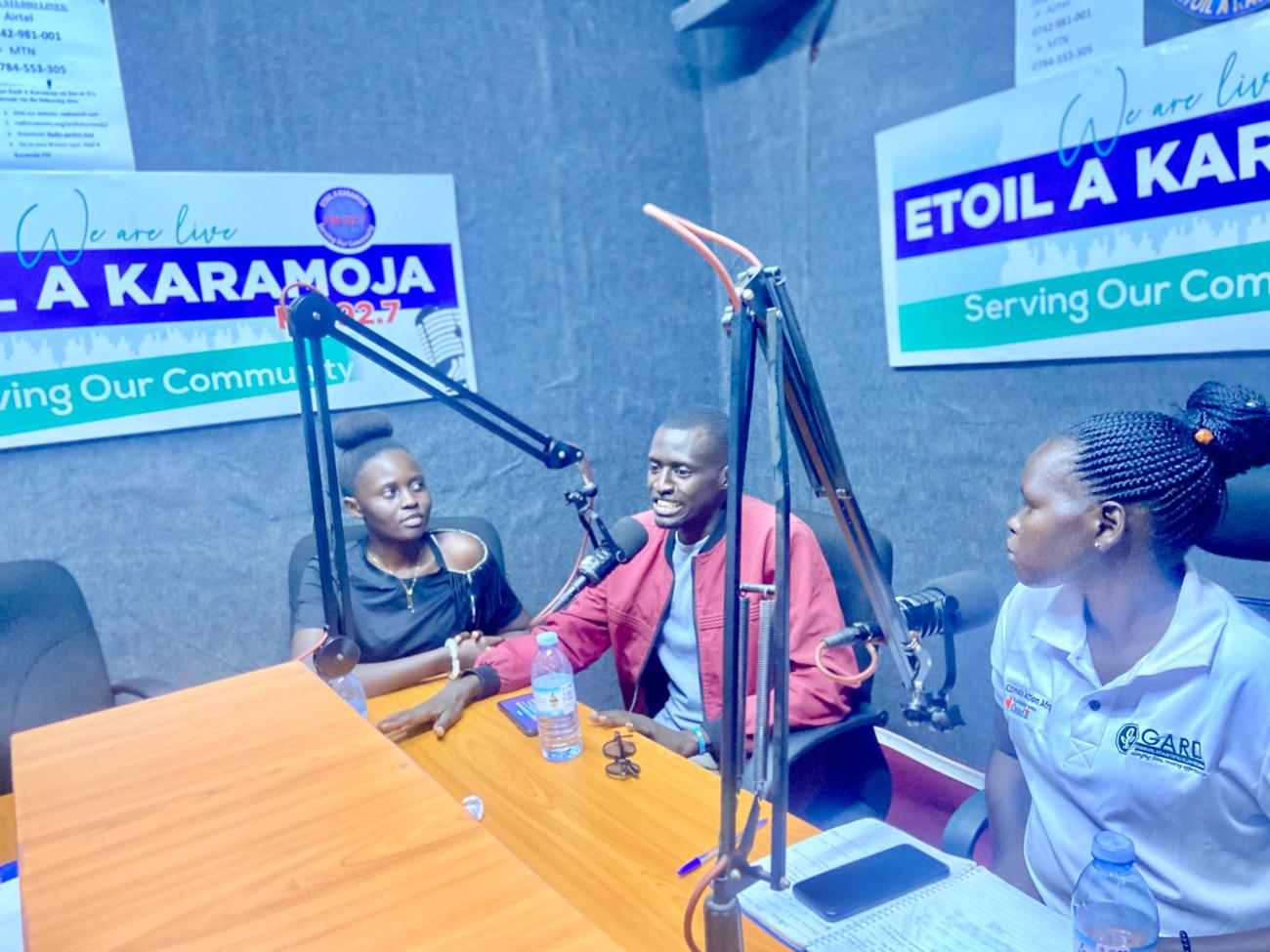
The fight against climate change critically depends on the involvement of young women, who are among the most vulnerable to its impacts. Women and girls face disproportionate impacts from climate change, largely because they make up the majority of the world's poor and rely heavily on local natural resources for their livelihoods. In developing countries, they are responsible for up to 80% of food production.
Understanding this vital link, two young women, both Cultural Survival Indigenous Youth Fellows, implemented projects that championed women-led climate change solutions.
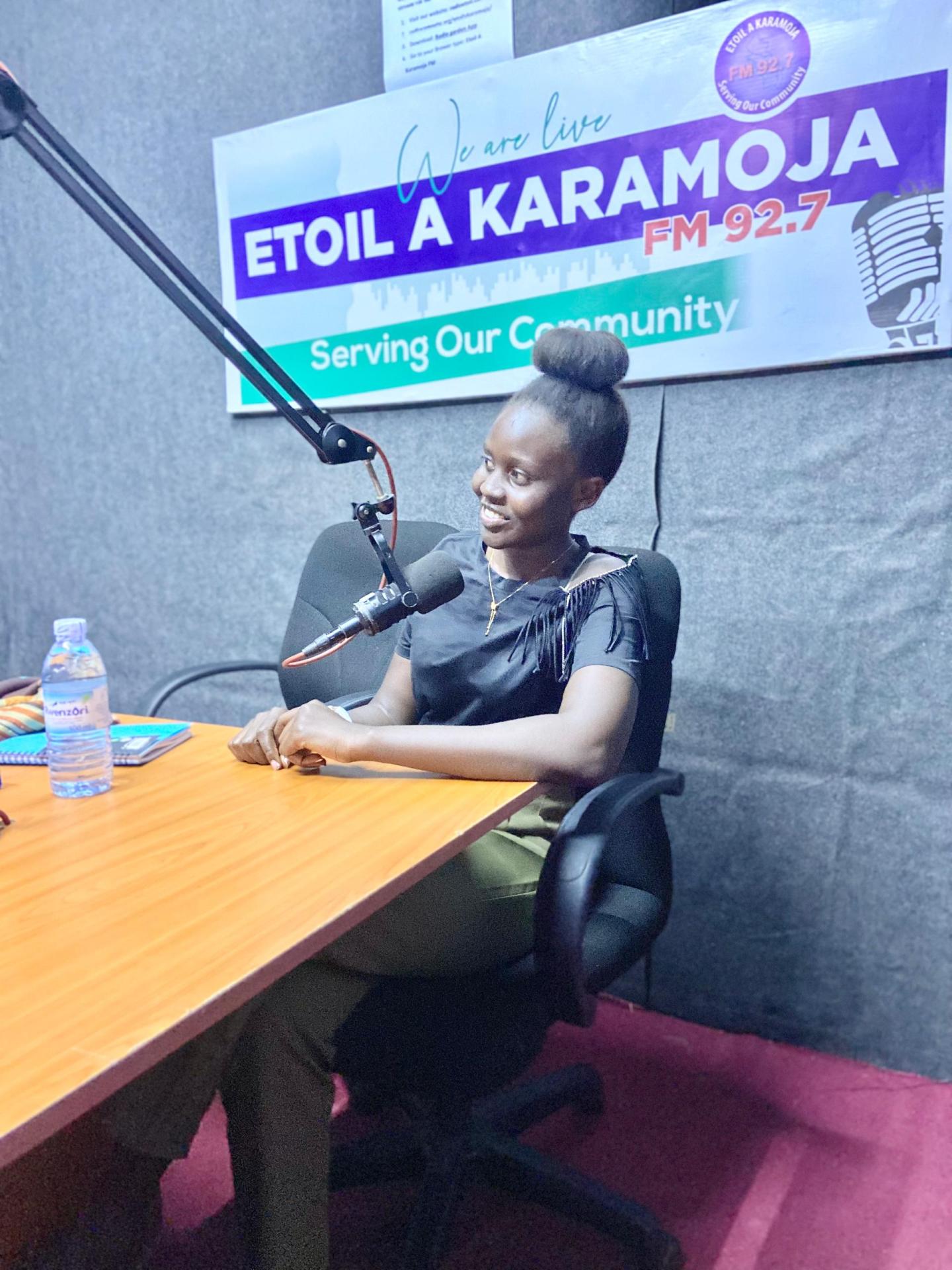
Namongin Alice, Ik (Uganda)
Alice, a native of Puta village in Uganda’s Ik community of the Kaabong District, Karamoja sub-region, has dedicated her academic and professional journey to research, advocacy, and sustainability, particularly in addressing environmental and social challenges in her region. Her bi-cultural background and inclusive leadership have led to her involvement in youth engagement, peace dialogues, and community development. As a community volunteer and a YALI alumna from the Regional Leadership Center in Accra, she collaborated with other African youth on climate tech solutions, further fueling her commitment to climate advocacy and social entrepreneurship.
Through her fellowship, Alice implemented “Nurture Nature,” a project designed to empower youth in the Karamoja subregion of Uganda. This comprehensive program focused on raising climate change awareness, fostering sustainable agricultural practices, protecting nature, and ensuring inclusive representation. A specific emphasis was placed on promoting gender equality and uplifting underrepresented voices to pursue a resilient and equitable future for the community.
Reflecting on the project's impact, Alice said, “We launched the Climate Change Rising Voices Club at Ik Seed Secondary School, engaging young girls as environmental stewards and providing them a platform to lead climate education, advocacy, and action. Over 50 students, 60% of whom were girls, received intensive training on climate change, sustainability, and community resilience. Girls led school-based initiatives like tree planting, waste reduction, and eco-literacy campaigns, building confidence and leadership skills that extended beyond the classroom”. Beyond the school, young mothers learned sustainable food cultivation, how to build energy-saving stoves, and their role in environmental protection.
Alice concluded, “Our project gave girls and women the tools to speak up, build confidence, organize, and influence decisions affecting their future. In a community where their voices were often unheard, we amplified them. That is the true legacy of this fellowship project.”
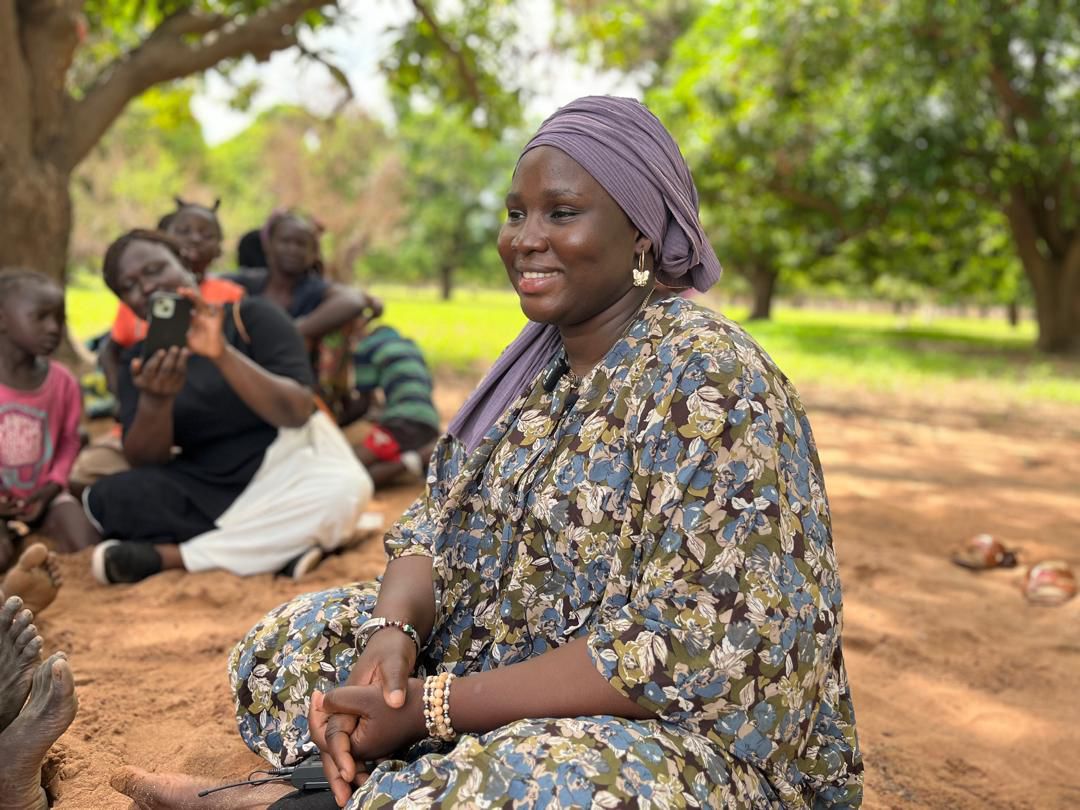
Sabou Doumbia, Bambara (Mali)
Sabou Doubia is recognized for her dedication to climate action through her platform Ecobuild, which promotes a circular economy and local environmental stewardship. She is also known for her advocacy and climate engagement activities, including organizing the first-ever LCOY (Local Conference of Youth) in Mali.
Her project, “The Protégeons Nos Terres et Nos Futurs Autochtones Bambara - Siby,” aimed to raise awareness within the Bambara community of Siby, particularly among village women, about the impacts of climate change on their ancestral lands. The initiative specifically highlighted the environmental and social consequences of mineral extraction in the region.
Sabou reported that the project enhanced local women's understanding of the connection between climate change and environmental degradation. Community dialogues facilitated intergenerational knowledge sharing and collective reflection on sustainable land stewardship.
Advocacy efforts were launched to demand greater accountability and protection of Indigenous lands from harmful mining practices. Women participants emerged as community leaders, better equipped to defend their rights and mobilize for climate justice.
When asked about her understanding of the challenges she aimed to address, Sabou shared, “ Through this project, I came to understand three key things: first, the community is significantly impacted by climate change; second, the cost of agricultural fertilizers is rising; and third, there is a clear need for them to produce and use bio-organic alternatives for their crops. However, they still lack the necessary resources and knowledge to fully implement more sustainable agricultural practices."
